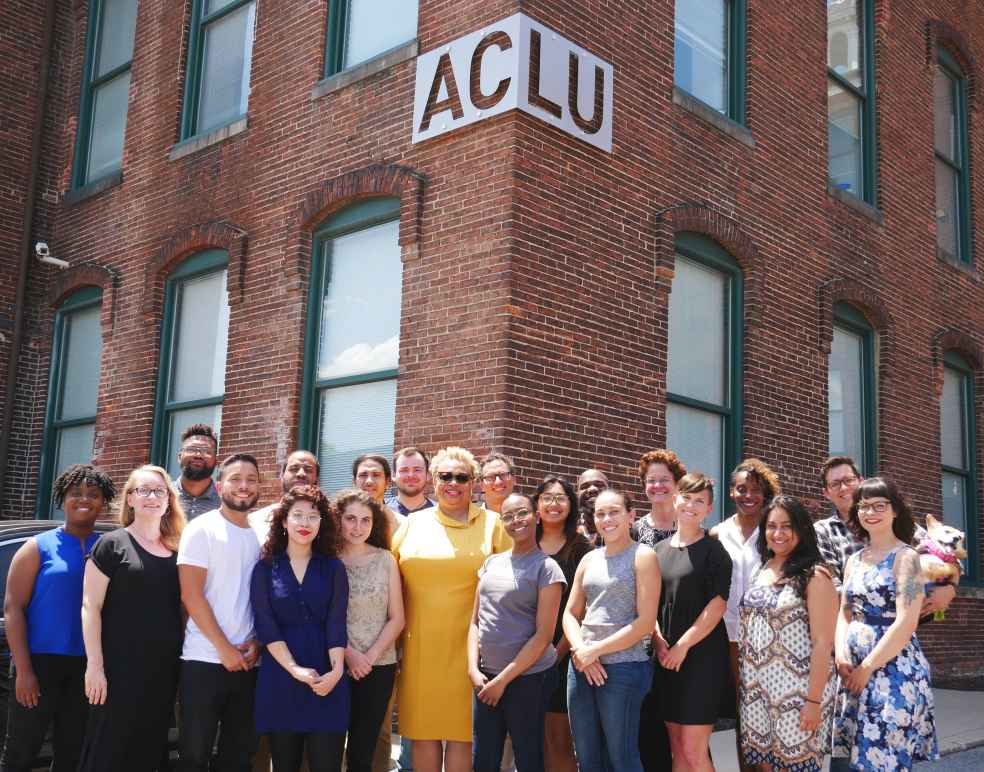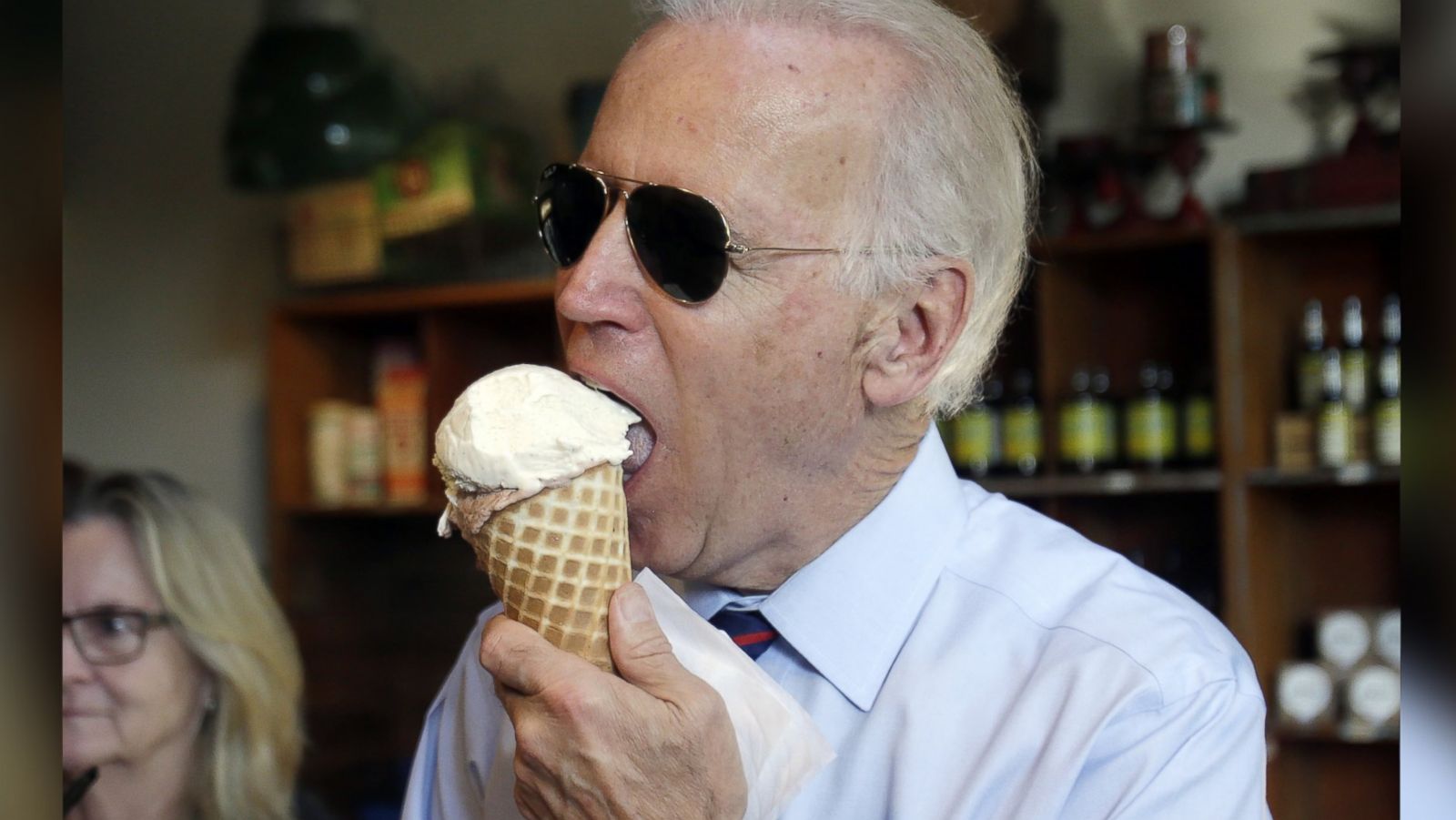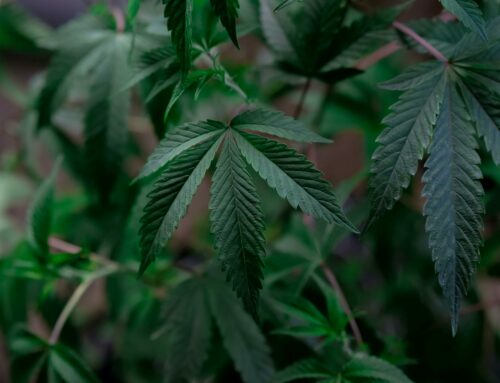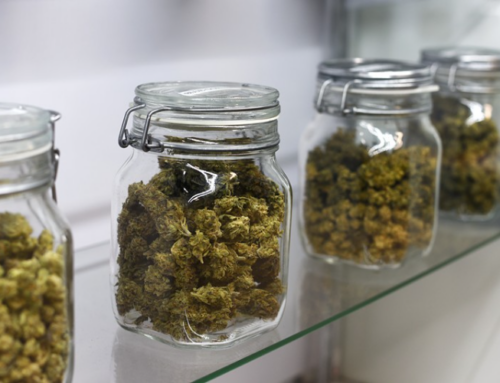Biden’s Groundbreaking Pardons Signal a Paradigm Shift in Cannabis Policy and Justice Reform
WASHINGTON, D.C. — In a groundbreaking move addressing the historical injustices wrought by the nation’s approach to cannabis, President Joe Biden has wielded his executive powers to grant pardons to thousands ensnared in the web of convictions for cannabis use and possession this week. This significant executive action, targeting offenses committed on federal lands and in the District of Columbia, is another step in the Biden administration’s stated commitment to rectifying racial disparities within the justice system.
The president’s categorical pardon, announced on Friday, builds upon a previous round issued strategically just before the 2022 midterm elections. While the earlier wave specifically addressed convictions for simple possession on federal lands, this recent initiative casts a wider net, encompassing a broader spectrum of cannabis-related criminal offenses.
Biden’s clemency extends beyond the mere alleviation of past convictions. In a simultaneous move, he has granted clemency to 11 individuals serving lengthy sentences for nonviolent drug offenses. These sentences, deemed disproportionately severe, are emblematic of the systemic issues embedded within the nation’s approach to drug-related crimes.
The White House has characterized these measures as part of an ongoing effort to redress the racial imbalances within the justice system. President Biden, in a statement accompanying the announcement, underscored the profound impact of criminal records for cannabis offenses on individuals’ access to employment, housing, and educational opportunities.
“Criminal records for cannabis use and possession have imposed needless barriers to employment, housing, and educational opportunities,” Biden remarked. “Too many lives have been upended because of our failed approach to cannabis. It’s time that we right these wrongs.”
The president’s assertion aligns with a growing consensus that the punitive measures imposed for cannabis offenses have disproportionately affected marginalized communities. The War on Drugs, which began in earnest in the 1970s, has been widely criticized for perpetuating systemic racism, with African American and Hispanic communities bearing the brunt of stringent drug policies.
Biden’s recent actions underscore a palpable shift in federal policy, signaling a departure from the punitive approach championed by previous administrations. The president’s acknowledgment of the far-reaching consequences of criminal records for cannabis offenses resonates with the ongoing national conversation surrounding criminal justice reform and the need for a more equitable system.
The announcement comes against the backdrop of a changing landscape regarding cannabis policy across the United States. Over the past decade, a wave of states has moved to decriminalize or legalize the recreational use of cannabis. This shift in public opinion and policy has left many questioning the continued enforcement of strict federal cannabis laws.
The president’s clemency initiative not only addresses the immediate consequences of cannabis convictions but also acknowledges the broader societal implications. The punitive measures imposed for cannabis offenses have long-reaching effects, restricting individuals’ ability to secure stable employment, housing, and educational opportunities.
The impact of criminal records on employment prospects has been particularly pronounced. A criminal record often serves as a barrier to securing gainful employment, perpetuating a cycle of poverty and limited opportunities for individuals with prior convictions. By addressing this aspect of the issue, President Biden aims to dismantle one of the systemic barriers contributing to racial and economic disparities.
The housing market has also felt the reverberations of strict cannabis policies, with individuals facing challenges in securing stable housing due to past convictions. This dynamic has perpetuated homelessness and instability, disproportionately affecting minority communities.
Moreover, the intersectionality of criminal records and educational opportunities cannot be overlooked. Individuals with cannabis convictions face hurdles in accessing higher education and professional training, hindering their ability to break the cycle of poverty and limited opportunities.
While some critics argue that the president’s actions may be seen as a response to the changing political climate or an attempt to garner support, others view them as a sincere effort to address deeply ingrained issues within the justice system. The 11 individuals receiving clemency for nonviolent drug offenses further underscore the president’s commitment to rectifying systemic injustices.
Biden’s move has garnered support from criminal justice reform advocates and organizations working toward the decriminalization of cannabis. The American Civil Liberties Union (ACLU) praised the president’s decision, emphasizing the need to address the racial disparities perpetuated by decades of stringent drug policies.

The ACLU endorses the president’s initiative
However, the president’s actions have also ignited a broader debate on the need for comprehensive cannabis reform at the federal level. While states have taken the lead in legalizing and decriminalizing cannabis, the federal government’s stance has remained largely unchanged. Advocates argue that federal legalization is the next logical step, providing clarity and uniformity across the nation.
The president’s clemency initiative comes at a time when public opinion on cannabis has shifted dramatically. A majority of Americans now support the legalization of cannabis for recreational use, with a growing acknowledgment of the substance’s medicinal benefits. This changing landscape may contribute to a reevaluation of federal policies surrounding cannabis, urging lawmakers to consider more progressive and equitable approaches.




































